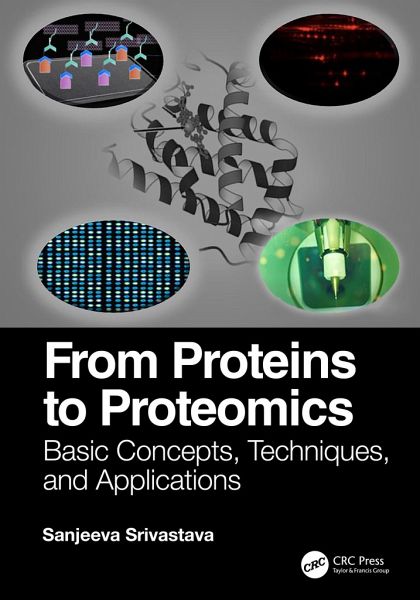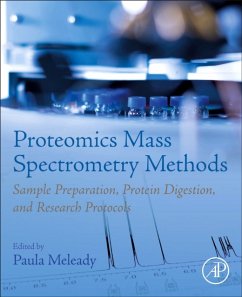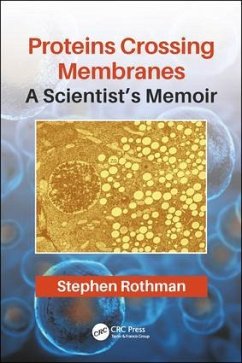
From Proteins to Proteomics
Basic Concepts, Techniques, and Applications
Versandkostenfrei!
Versandfertig in 2-4 Wochen
66,99 €
inkl. MwSt.
Weitere Ausgaben:

PAYBACK Punkte
33 °P sammeln!
This book provides a detailed understanding of the basics of proteins and proteomics, Gel based-proteomics techniques, basics of mass-spectrometry and quantitative proteomics, Interactomics: basics and applications, and advancement in proteomics.













